News | LTH Profile Areas
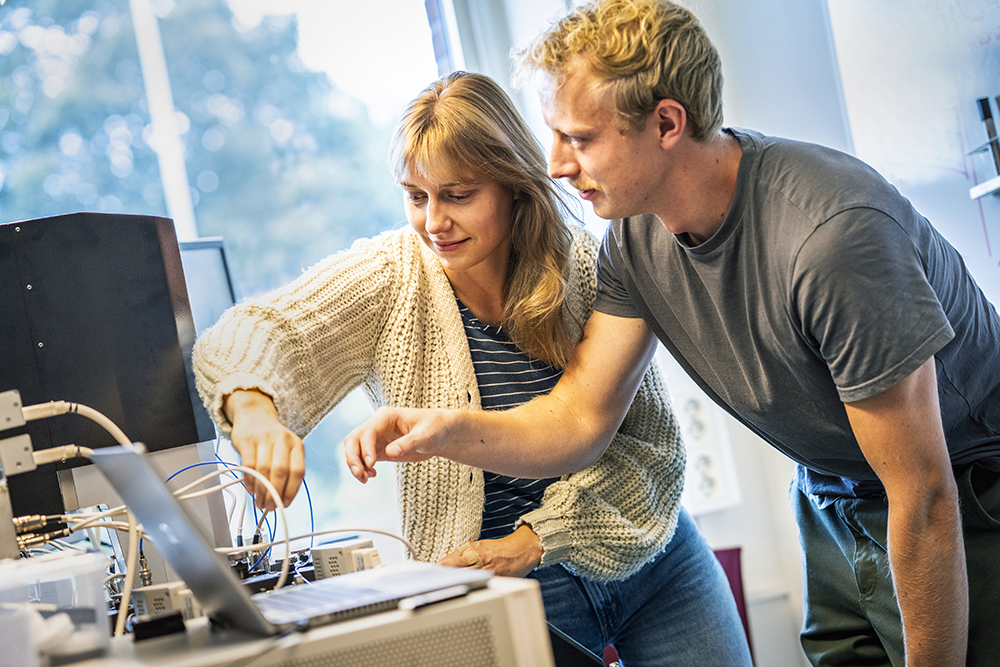
Interested in doing research within AI and Digitalization?
Would you like to do research within AI and Digitalization? On this page, we post positions within AI and Digitalization at LTH.
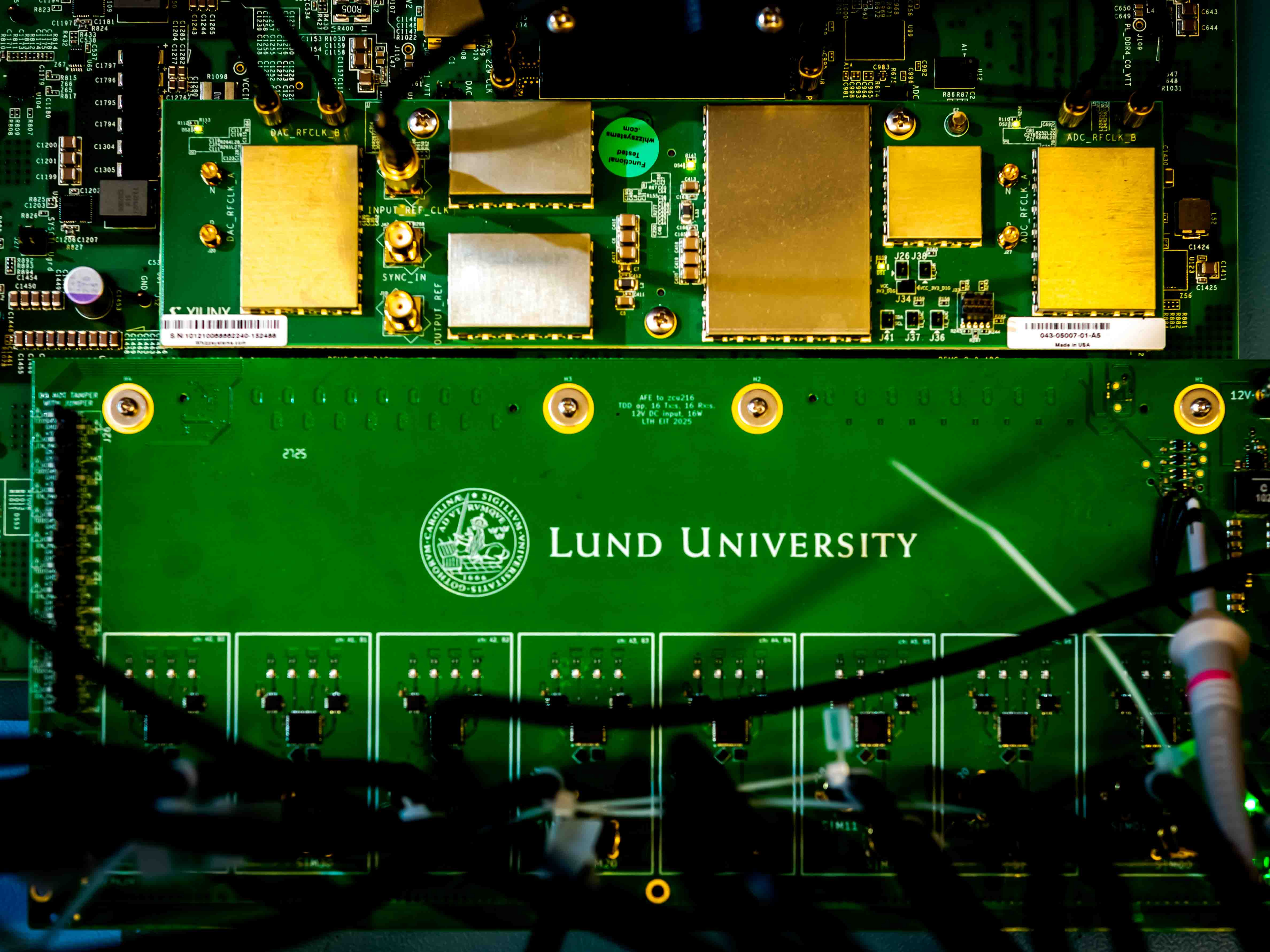
Dissertations within AI and Digitalization
Reliable robots, brain-computer interfaces, and computing for AI are some of the topics covered in doctoral theses within AI and Digitalization during the fall 2025.
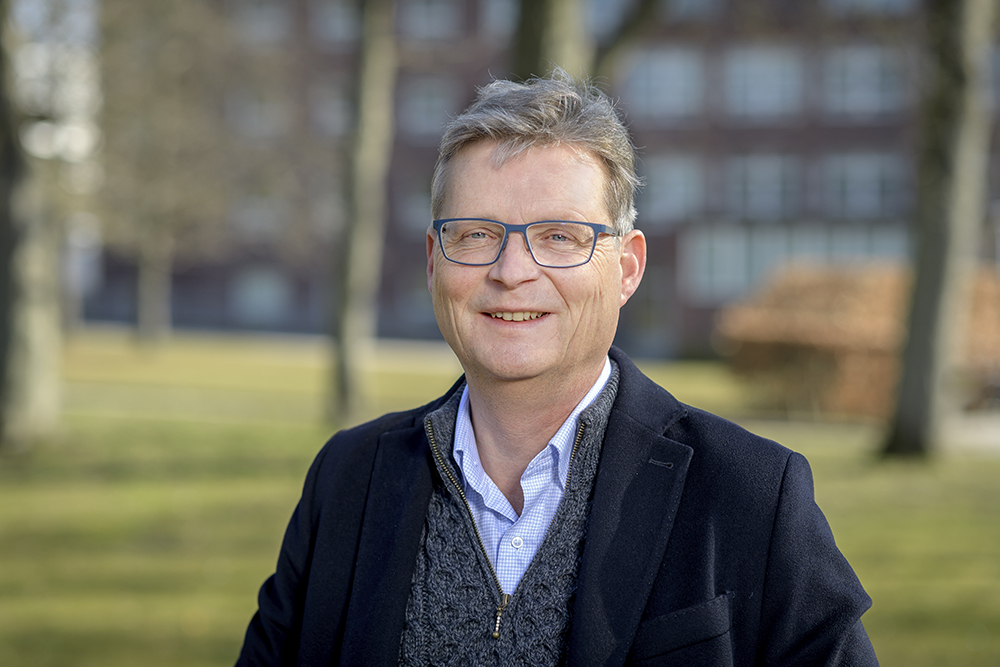
Second term for EU's Scientific Advisory Board on Climate Change – LTH-professor continues
The European Scientific Advisory Board on Climate Change is entering a new phase as its first four-year term ends in March 2026. The Council's new members have now been announced, and Lars J Nilsson, Professor of Environmental and Energy Systems at LTH, will continue to be one of the representatives.
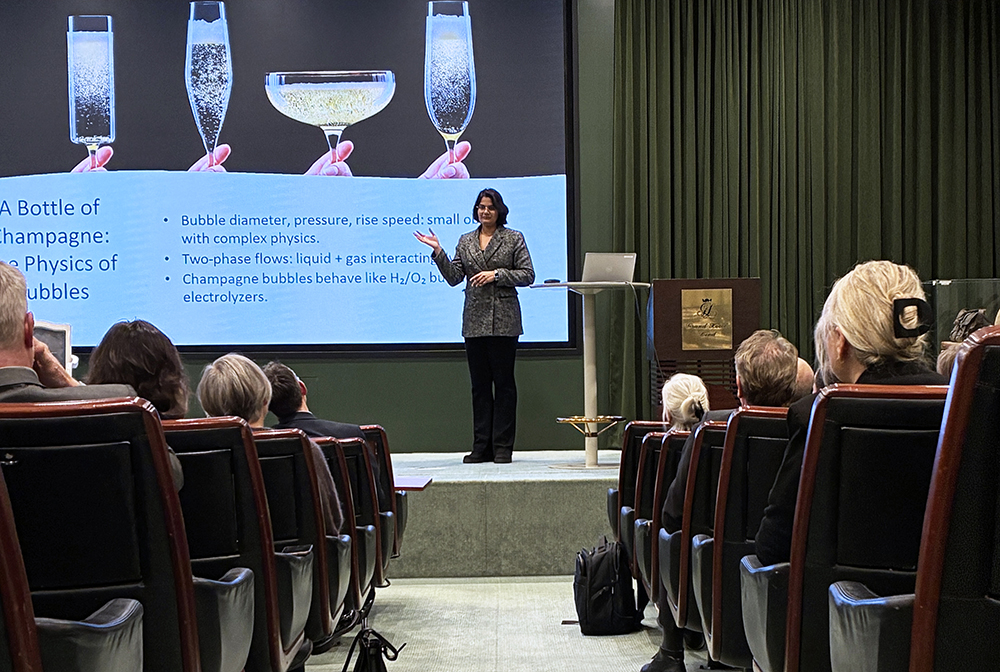
From ticks to fossil-free: Researchers awarded for their work – Himani Garg at LTH one of them
There is a solemn atmosphere among the researchers who are about to take the stage and talk about their research. They are all scholarship recipients from one of Hain's four foundations that distribute funds to Lund University research. This year, 17 researchers will share SEK 13.5 million.
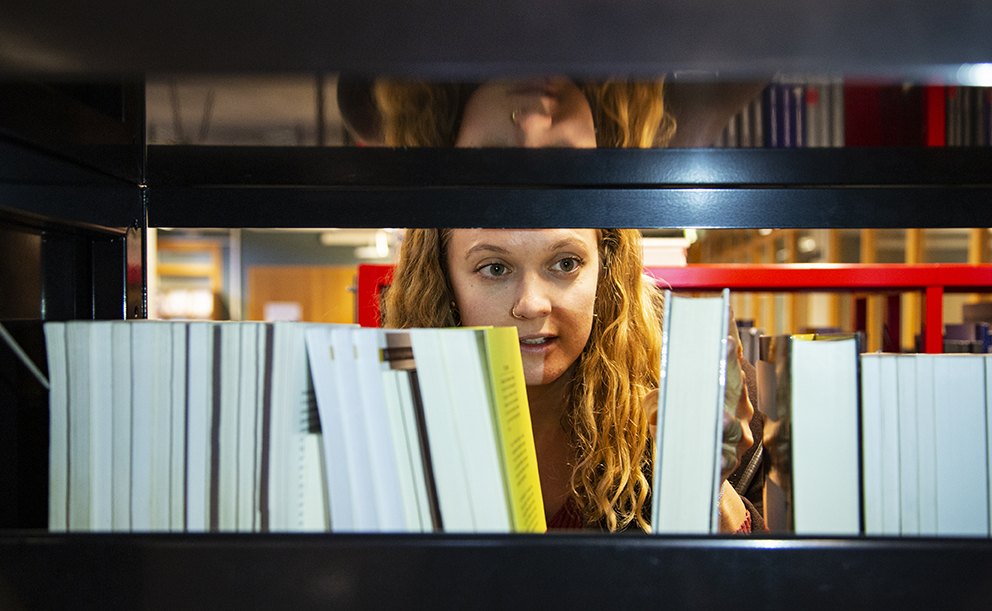
New dissertations within Engineering Health
Cells and their acoustic properties, as well as computer-simulated fluid flows in the heart, are some of the topics covered in the latest dissertations within the profile area Engineering Health.
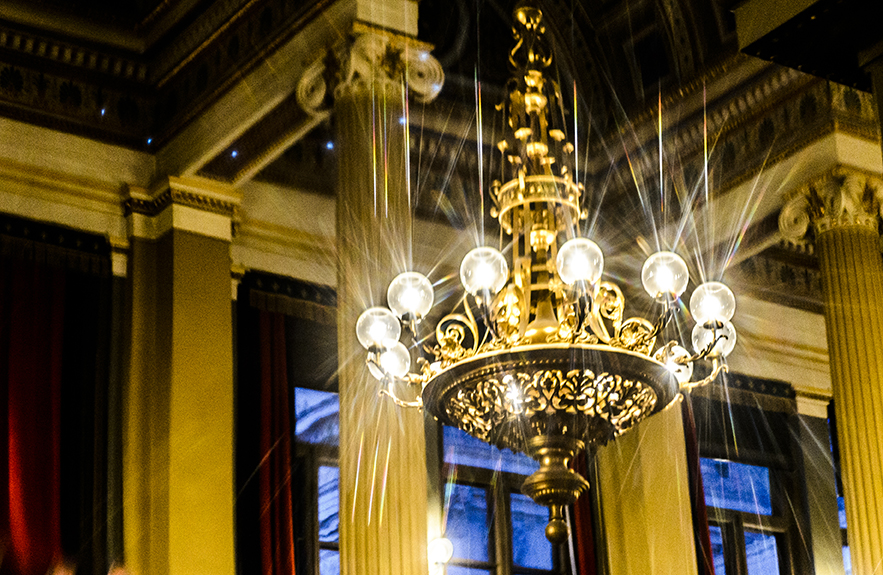
Funding from Swedish Research Council to Engineering Health
In the recent grant decision by Swedish Research Council several researchers from the LTH profile area Engineering Health are present. Together, they have been granted nearly 34 millions SEK.
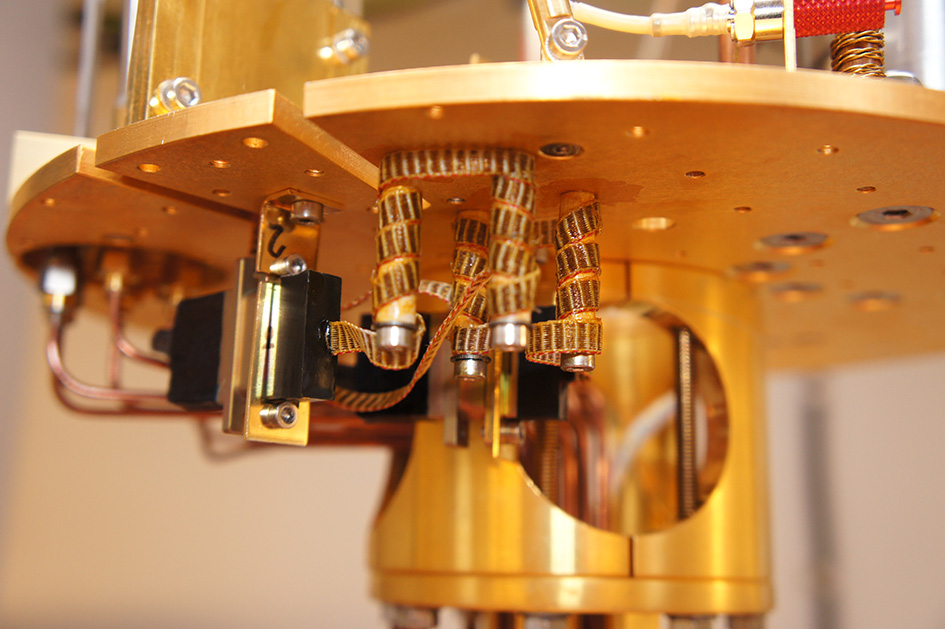
LTH project receives funding from Vinnova to plan future technology clusters
Vinnova has granted funding for the planning of clusters of excellence for groundbreaking technology. Of the 45 projects approved, five are at The Faculty of Engineering, Lund University.
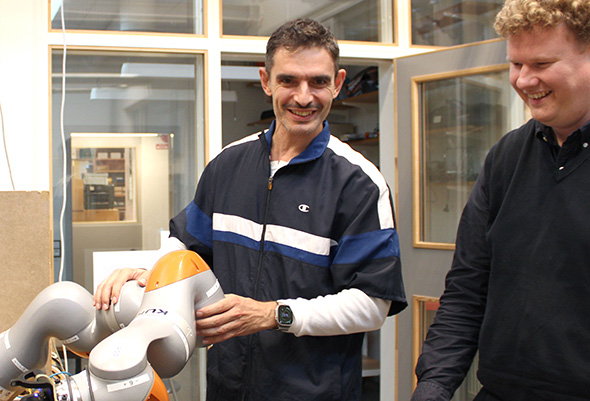
Robot learning from all angles
Research on robot learning spans from interpretation of sensing data to a robot executing actions in the real world, disciplines the organizers of the ELLIIT focus period on robot learning now bring together in Lund from beginning of November.
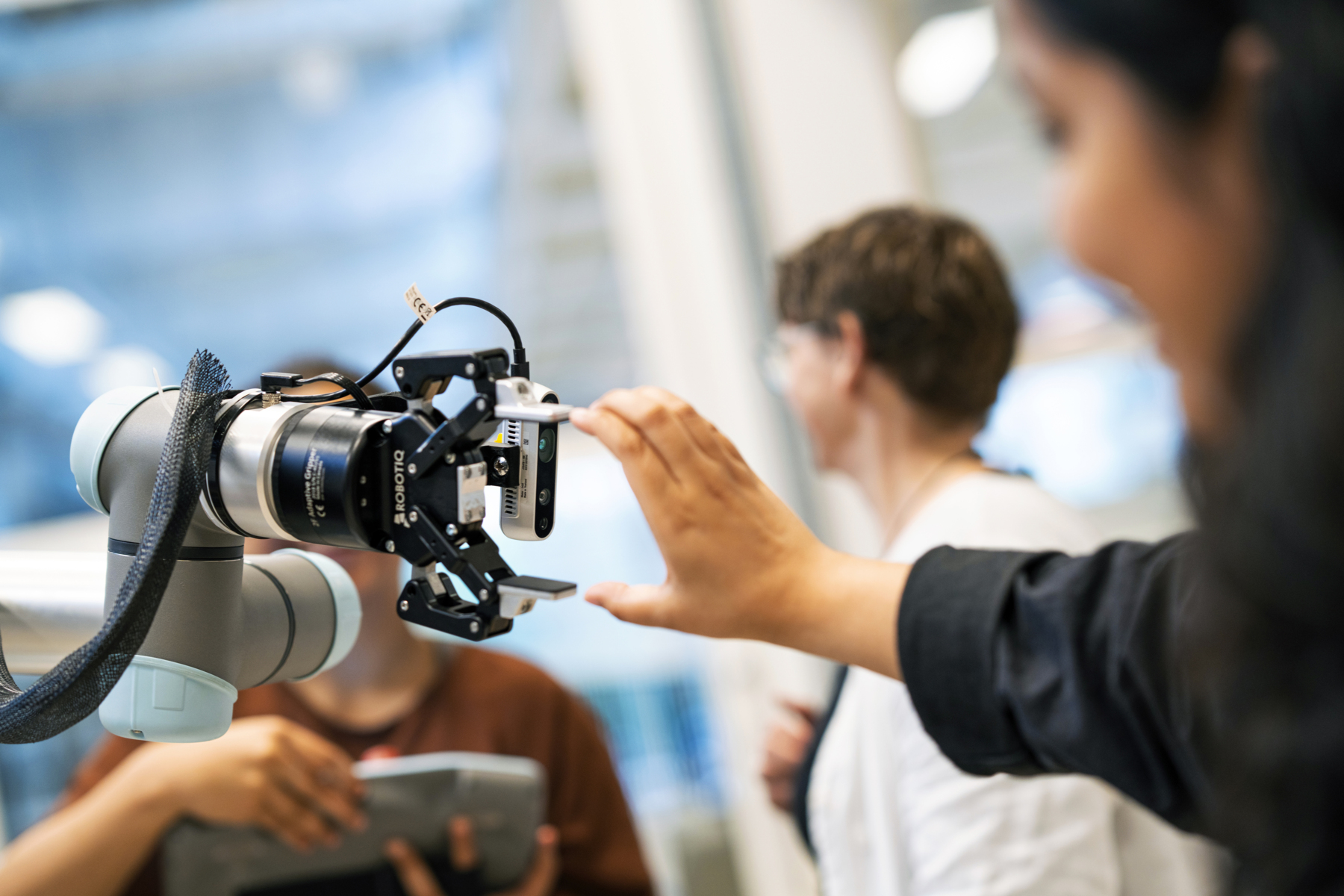
Safety and reliability first
For robots to work and collaborate with humans in real-world environments, their functioning must be safe and reliable. Momina Rizwan, PhD Student in Software Development and Environments, has investigated these aspects of autonomous robots in changing environments.
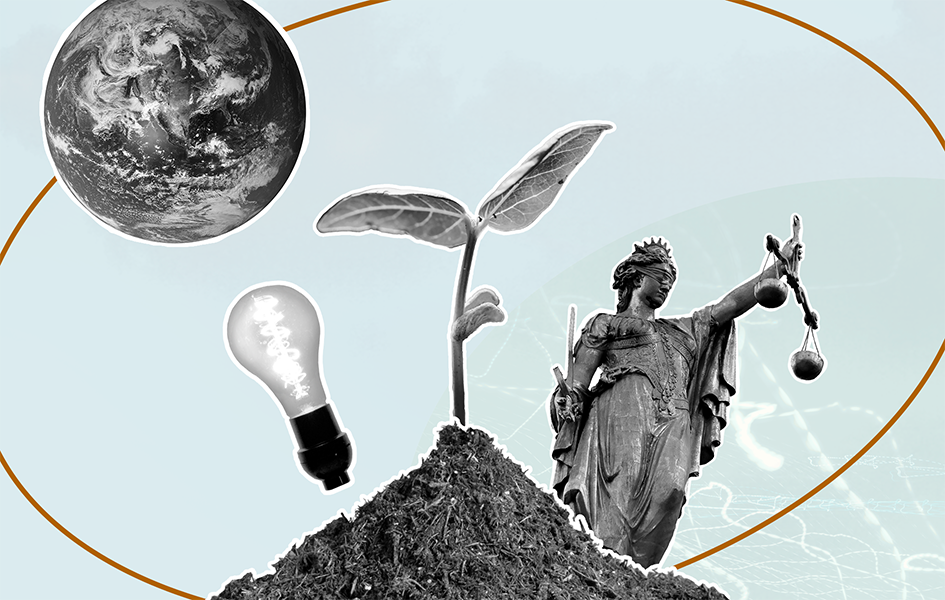
Research conference: Breaking barriers to climate solutions
Welcome to this interdisciplinary research conference on the theme "Breaking barriers to climate solutions". The conference aims to encourage knowledge sharing and dialogue between Lund University and the University of Cambridge.
